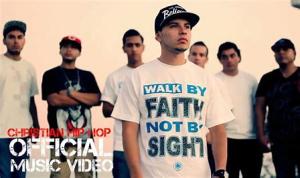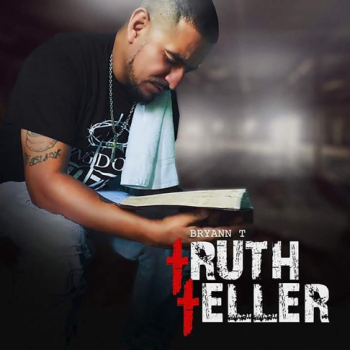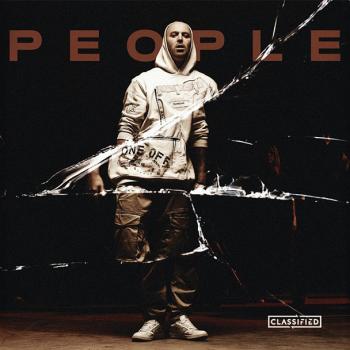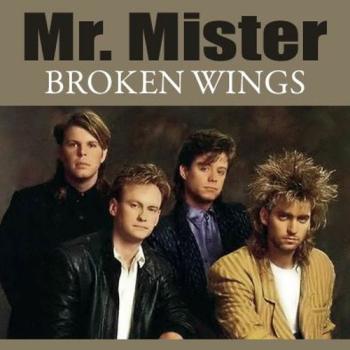Small, Medium, Large: Three Brief Christian Hip Hop Reviews
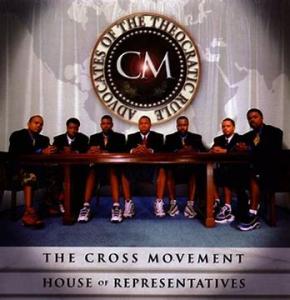
These past months, I’ve taken a deeper dive into Christian Hip Hop. Submitting proposals, and writing commentary on various artists has occupied my time. The resulting outcome has been more curiosity, wonder, and in-depth analysis of the genre and the inclusive artists.
Discussions, sharing videos, and critical apologetic analysis during these recent times heightened an observation that I did not want to admit; there’s a strong bias and stereotype of Christian Hip Hop. The first proverbial question comes to the fore, “What is Christian Hip Hop?” Thereafter, the necessary question surfaces, “What makes Christian Hip Hop, ‘Christian’?” Easy as these questions appear to define, when the layers of this Hip Hop sub genre are scaled more questions arise than qualified answers.
I have written elsewhere on the important qualifiers of Hip Hop to align within the expressive discipline of Christian Hip Hop, 1. Use of the core Hip Hop signifiers/Elements (Rap/rhyme, DJ, Fashion/Style, Art/Graffiti, Media). 2. Sound Gospel/Scripture doctrine included, 3. A case/expressions of personal Testimony. The inclusion of these three points, I argue, secure a Hip Hop artist’s work within the context, genre, and apologetic discipline of Christian Hip Hop. The following question, “What makes Christian Hip Hop, ‘Christian’?” is the sticking-point and the structure of the bias and stereotype for and against Christian Hip Hop.
Talks with those who are outside of the Christian Hip Hop genre presented a firm stereotype against the genre, expression, and style. The underlining argument was generalized as any Hip Hop artist who desired to be consider “spiritual,” or “religious,” need only include some signifier, icon, or image of a religious nature. This automatic inclusion of a prop reduces the importance of those who have elected to invest their career in the Christian Hip Hop genre. In addition, Prosperity/Mega Church Christian Hip Hop artists are poised to include doctrine that is counter or inconsistent with Gospel/Scripture doctrine. There may be a Testimonial and the included Hip Hop signifiers/Element in their work. However, the lack of a sound Gospel/Scripture doctrine or knowledge of this apologetic foundation is neglected. More often than not, this is the discursive reality between strongly embedded Christian Hip Hop artists (Disciple Hip Hop artists) and others seeking fame and attention by way of artificial product placement (Apostasy Christian Hip Hop artists). If one is not aware of these mechanics the emotional relationship to religion, spirituality, faith-based and Christian theology over runs the acceptance/denial assumptions of this genre. Passing along these thoughts situates a socio-religious language rooted in uninformed self-defined knowledge.
What can be done to reverse these misconceptions about Christian Hip Hop? What is necessary to present in faith-based discipline for sound Christian Hip Hop? In an effort to supply the reader – both within and outside of the Christian Hip Hop genre – I elect to provide a base review of three different artists each aligning and stating their work as being secure within the Christian Hip Hop genre.



The selected artists are, Luck Luciano (the small), David Robledo (the medium), and Lazarus (the large). These categories were applied to showcase the progression of Christian Hip Hop from a minimal perspective (the small) to a maximal viewpoint (the large). The applied criticism, listing, and analysis of each is of my own construction. I offer this level of apologetic critical faith-based discourse as hermenutic path to logically ascertain how each of these perspectives are visibly present today. It is my intent with these short descriptive commentaries and analysis that the reader be more keenly aware of the variations within the presumed Christian Hip Hop genre. The simplicity of this building material, I argue, contextualized the importance and need for socio-religious political apologetic discourse and the expansion of theomusicology beyond the current standard of Praise-based music.
The Small, Lucky Luciano, Come So Far
Come So Far, Lucky Luciano (feat. Lance Blake).
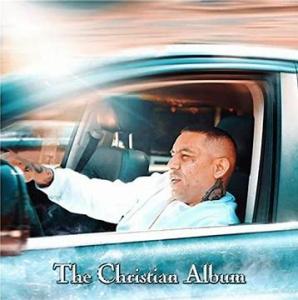
The Medium, David Robledo, Soul Muzik

Walk By Faith, Lazarus
